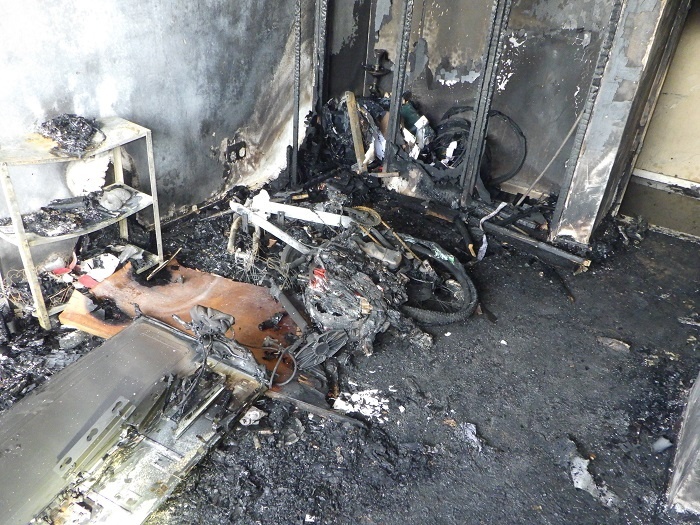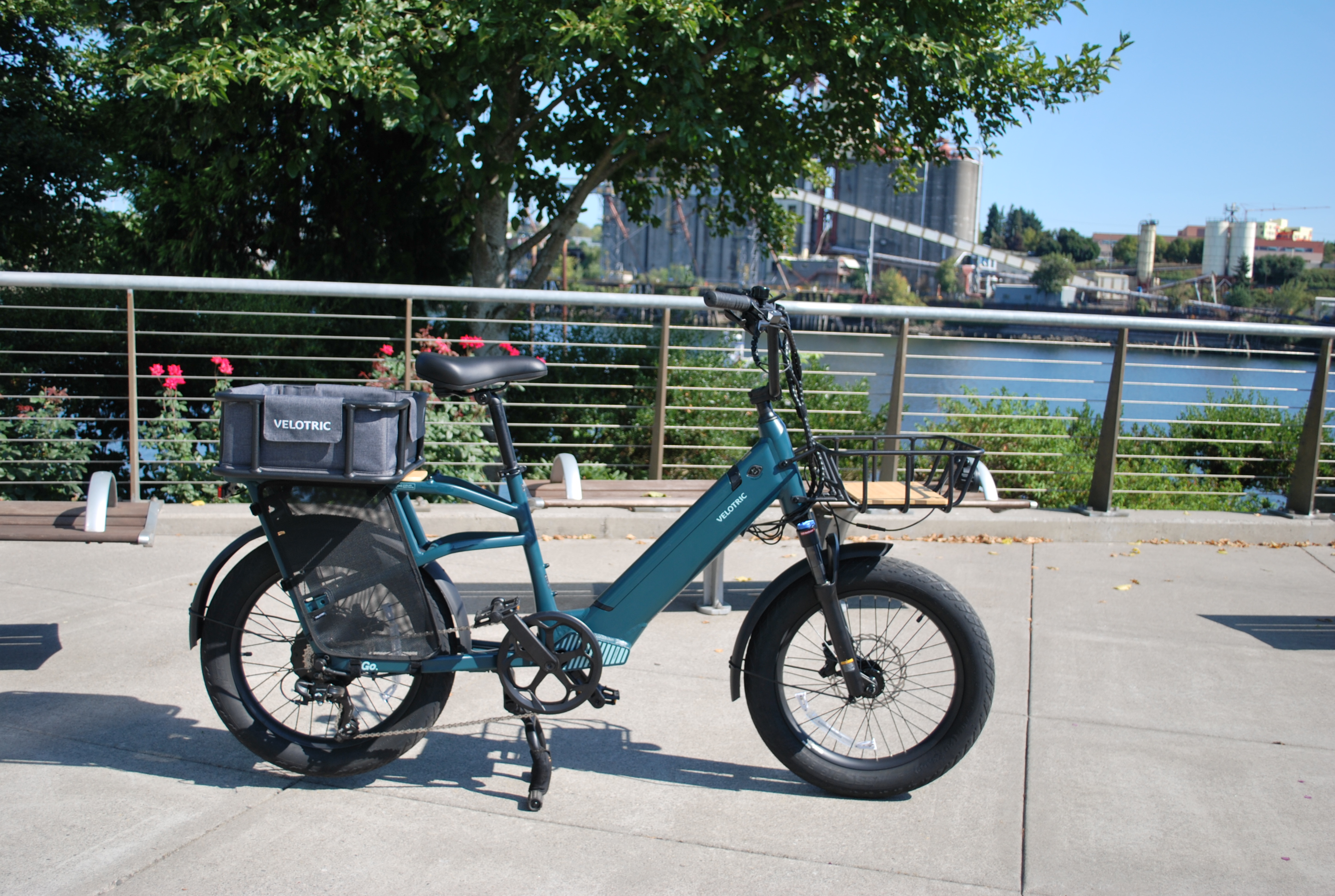
Despite political division and tension in the U.S., political leaders on both sides agree: e-bike batteries must be regulated to prevent further fires, injuries and deaths.
In June 2023, New York Democratic Senators Chuck Schumer and Kirsten Gillibrand and Representative Ritchie Torres (D-The Bronx) proposed the “Setting Consumer Standards for Lithium-Ion Batteries Act,” a bill to allow the Consumer Product Safety Commission to mandate federal standards for building and importing e-bike batteries.
The bill is in response to the more than 400 fires and 300 injuries related to lithium-ion batteries from 2019 to 2023, as reported by the FDNY.
“It is clear that strong federal action is needed to address the faulty and improperly manufactured lithium-ion batteries that have caused hundreds of fires in New York City over the past few years, several of which have resulted in serious injuries and death,” said U.S. Senator Kirsten Gillibrand. “The Setting Consumer Standards for Lithium-Ion Batteries Act would require the creation of the first ever mandatory consumer product safety standard for rechargeable lithium-ion batteries used in micromobility devices, which would help prevent tragedies in our city, our state, and our country.”

In April 2023, two siblings aged seven and 19 died in Queens, New York as a result of an e-bike’s lithium-ion battery catching fire in their second-floor apartment. Two months later, four more people died after an e-bike shop caught fire. It got so bad that at one point, the Big Apple saw three e-bike battery fires in 24 hours.
The fire department and City officials scrambled to get legislation in place to put an end to the rampant fires while landlords started banning e-bike batteries in their properties, stating that the risk for fire and bodily harm was too great.
Without the protections mandated by the bill, lithium-ion battery-related tragedies will continue to be a mounting problem, said Will Wallace, associate director of safety policy at Consumer Reports.
Although the Empire State senators are members of the Democratic Party, their bill has been received positively in the Republican-led House, first passing through a subcommittee and the House’s Energy and Commerce Committee in late 2023 without any major dissenting opinions from fellow senators.
“It was incredibly striking because … you had 15 or 20 different people there from industry, from consumer groups, from the FDNY and everybody was there saying: We need a federal rule,” Wallace said.
Now, the bill will be put to a vote “on the floor” of the House by the full House body and receive Senate approval. Based on the bill’s warm reception by the subcommittee and Energy and Commerce Committee, which are made up of members of both the Democratic and Republican parties, the bill is expected to pass when put up for a vote on the floor of the House.
If the bill passes in the House, it will then be sent to Congress (also known as the Senate) to be approved via a similar process.
When the bill has been voted on and approved by both the House and the Senate, it will take another year or so for its contents to go into effect as law.
There is no set date yet for the bill to be voted on by the full House. E-bike battery fires wait for no one, not even the U.S. House of Representatives. Hopefully, the bill is passed into law before another e-bike lithium-ion battery tragedy strikes.
E-bike buying advice:

If you're in the market for an e-bike, please refer to our running list of bike models that have been UL or CE certified.







